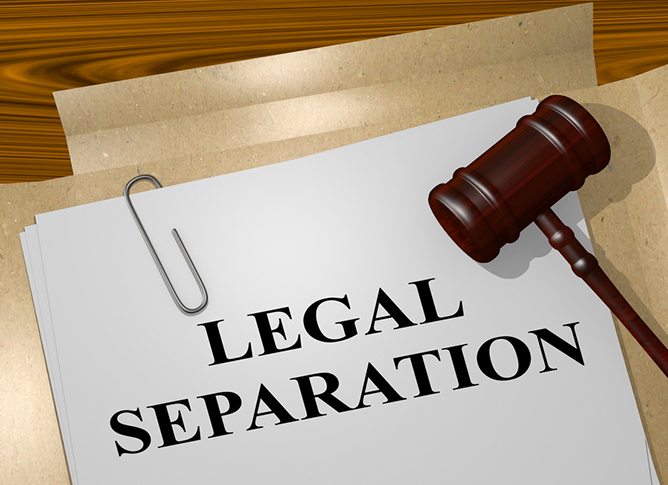You Think That’s Love, But That Ain’t Love to Me

We’ve seen a rash of cases recently involving parties who signed post-nuptial agreements which were very much to their detriment. Almost invariably the story is that they were “so in love,” it was just “so s/he would know I wasn’t there for the money,” so “S/he could feel safe.” Sometimes it was “the only way to save the marriage.”
Let me debunk all of these.
1. We were “so in love.” Well, one of you was “so in love;” the other was coldly and calmly calculating an exit strategy. If your spouse or domestic partner is trying to get you to sign off on a distribution or property and/or waiver of support while claiming s/he has no plans to leave you: that person is LYING. Beware. Get a therapist and an attorney. You don’t have to get a divorce… by REFUSING to sign the post-nuptial agreement you actually put your spouse/partner in a position where, if s/he leaves you, s/he will have to deal with some significant economic consequences.
2. S/he just needed to know “I wasn’t there for the money.” Maybe you aren’t there for the money, but you don’t need to surrender your rights in the community estate. Marriage, by its very nature, most often occurs between parties with differing incomes – sometimes widely differing. By marrying you without a pre-nuptial agreement, you and your spouse/partner committed to use both of your labor, skill, and efforts for the benefit and furtherance of the community. Separate property – money owned before marriage or acquired during marriage by gift or inheritance – is traceable and recoverable by the separatist in the event of a divorce. The Family Court does this all the time. Again: once your spouse/partner is more interested in protecting his/her money than being committed to the community’s economic well-being, s/he has a foot out the door already. By signing the post-nuptial agreement, you aren’t saving your marriage – you’re guaranteeing the other party a fairly clear path out of the marriage without the statutory economic consequences.
3. S/he just wanted to “feel safe.” Yes. Exactly. The partner pressing the post-nuptial agreement wants to safely secure his/her property IN THE EVENT OF A DIVORCE. If that person wants to feel safe, s/he wants to do so by placing all the risks and consequences of a dissolution UPON YOU. Literally speaking, the person pressing the post-nuptial agreement desires to secure his/her safety at the expense of YOUR safety.
4. S/he said it was “the only way to save the marriage.” Newsflash: This marriage is already dead. You aren’t saving the marriage by signing the post-nuptial agreement; you are simply surrendering to your spouse/partner all the rights marriage confers upon you by our laws, and relieving him/her of all the responsibilities marriage places upon your spouse/partner by our laws. You’re giving him/her a free path out of the marriage, and removing all of your spouse/partner’s economic reasons to stay in the marriage.
If s/he wants to protect premarital separate property, or protect an inheritance, a post-nup is NOT the way to do it. The separatist spouse can go to a family law attorney and learn how to manage his/her separate property in a way to avoid commingling it with community assets. THAT preserves both the marriage and the interests of the separatist. It’s less expensive and relatively easy to do.
The last argument I always tend to hear is, “It was fair – we both waived the same things.” Unless you are economic equals, this is by its very nature an inequitable surrender of rights. And if you are economic equals, there’s no reason for a post-nuptial agreement. The logic does not hold up.
What if you already signed the post-nup?
Call an attorney – a good one – and see if you cannot get the post-nup set aside. If you signed it last week, last month, try to set it aside. If you signed it years ago, and your spouse/partner has filed for divorce and wants to enforce on that post-nup, get an attorney. The set-aside is a technical process which is never a slam dunk, but often can be successfully executed. Not always. I’ve seen some real economic tragedies take place. They are tragedies because they’re unnecessary, and somehow, the economically favored spouse somehow manipulated the less economically secure spouse into a position of even greater insecurity.
An even greater tragedy occurs when the separatist has engineered a situation where the wronged spouse/partner can not afford counsel. Because, like it or not, digging your way out of this mistake can be expensive, and we can only shift fees, for the most part, if we are successful in the set aside motion.
“But s/he loves me.”
Nah. To quote an old band that totally dates me, “You think that’s love, but that ain’t love to me.” Or to you.

























